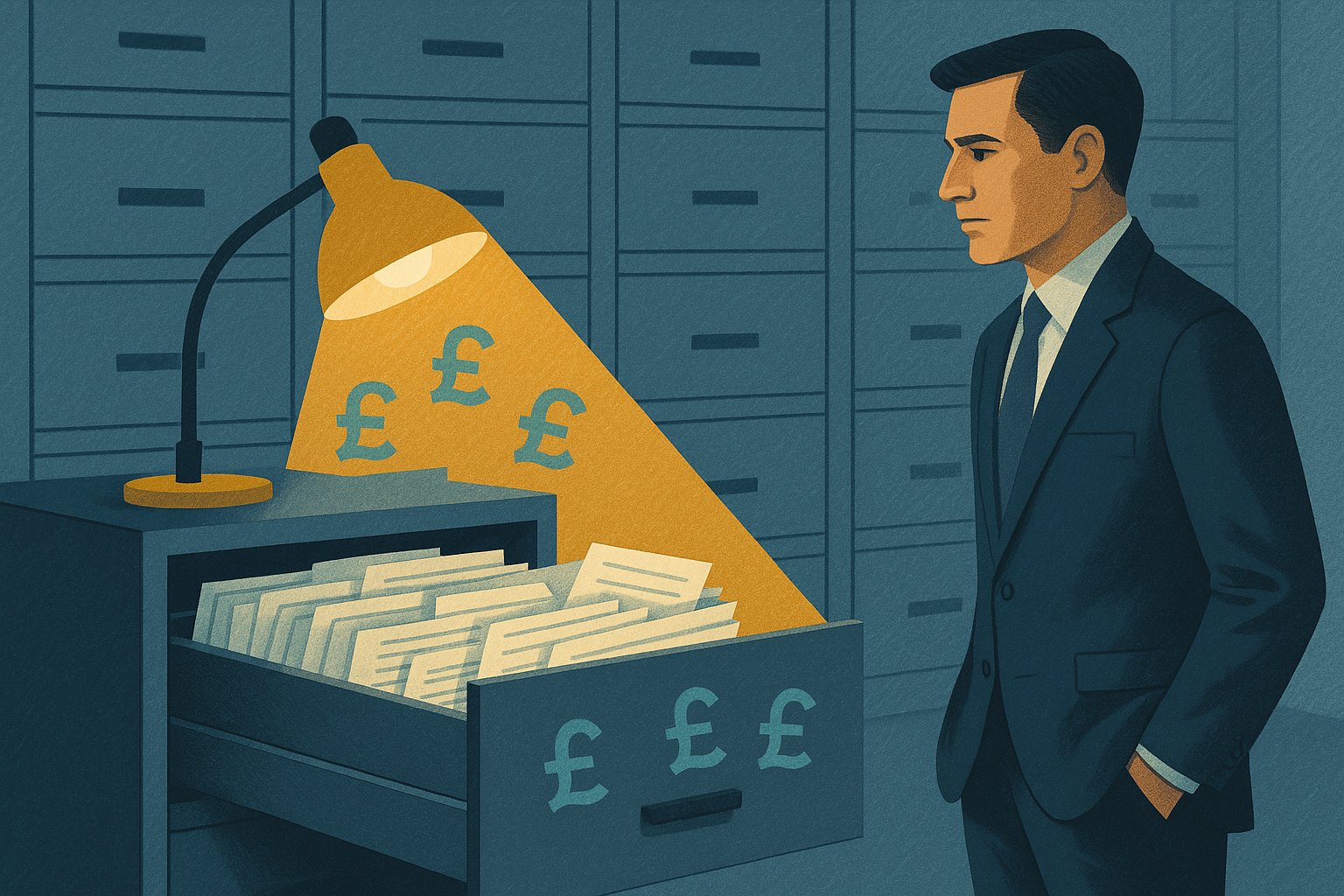HM Revenue and Customs (HMRC) has faced significant criticism from MPs for its inability to determine how many billionaires pay tax in the UK, despite the limited number of individuals involved and the potentially vast sums at stake. In a recent report by the Public Accounts Committee (PAC), MPs emphasised the need for HMRC to improve its understanding and ensure that the wealthiest individuals contribute appropriately to the public purse.
The report highlighted that HMRC currently lacks a reliable method for tracking billionaire taxpayers, even as public interest in the contributions of the ultra-wealthy reaches new heights. “There is much public interest in the amount of tax the wealthy pay,” noted the report, adding that the public needs assurance that everyone pays their fair share.
Lloyd Hatton, a member of the PAC, stated that the issue transcends political debates over wealth redistribution, focusing instead on ensuring HMRC’s effectiveness. “This is about ensuring wealthy people pay the correct tax,” said Hatton. Despite crediting HMRC for increasing tax revenue from the wealthiest in recent years, he noted there is still a significant journey ahead.
The committee expressed disappointment over HMRC’s inability to provide data on billionaire tax arrangements from its systems, suggesting that any single billionaire’s contribution could significantly affect the overall tax landscape. MPs recommended that HMRC utilise resources such as artificial intelligence and The Sunday Times Rich List to improve understanding, drawing parallels with the US Internal Revenue Service’s use of the Forbes 400 to track high-net-worth individuals.
Currently, around 1,000 HMRC staff focus on the tax affairs of the UK’s wealthiest, with an additional 400 roles being funded to enhance this work, particularly in increasing the number of tax evasion prosecutions. A government spokesperson stated, “The government is determined to make sure everyone pays the tax they owe. Extra resources were announced in the recent spending review which allows us to significantly step up our work on closing the tax gap among the wealthiest.”
The report emerges amid heightened scrutiny of offshore wealth, tax planning schemes, and perceived tax system inequality. As public finances face strain and fairness becomes a focal point, MPs urge HMRC to adopt a more ambitious approach to monitoring and collecting tax from the ultra-wealthy.
While recent years have seen a notable increase in HMRC’s enforcement efforts, the PAC asserts that the department still lacks the necessary tools, technology, and strategy to fully account for what billionaires owe and what they are actually paying. As pressure mounts on the Treasury to boost revenues without increasing taxes on the general population, enhancing transparency and compliance among the wealthiest is becoming a political and economic necessity.




